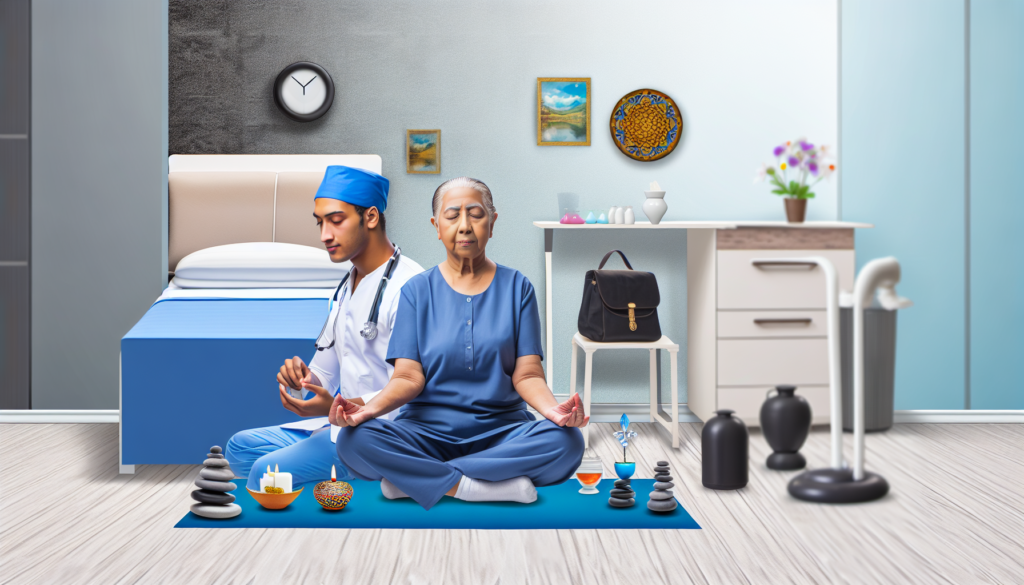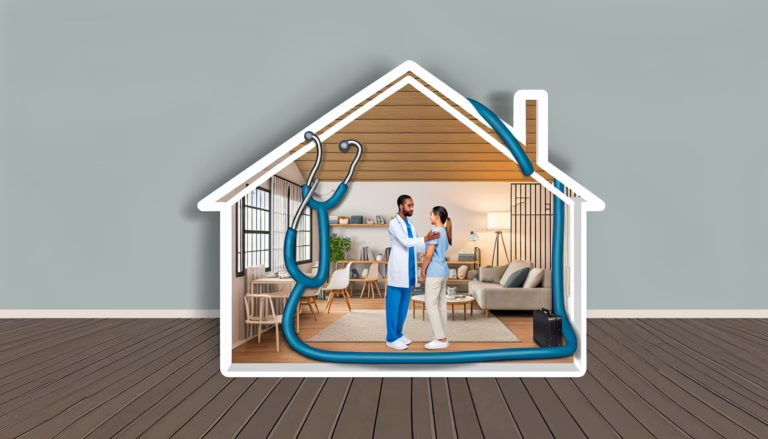The Power of Mindfulness for Home Health Care
If you are engaged in home health care—as a patient, caregiver, or health enthusiast—you have likely experienced the stresses it can bring. Chronic illnesses, complex procedures, and the daily grind of life can take a toll on both physical and mental health. But what if we were to tell you there’s a tool that can help promote well-being and resilience right in the comfort of your own home? That tool is mindfulness, and in this blog post, we delve into its benefits and how you can incorporate it into your daily routine.
What is Mindfulness?
Mindfulness is the practice of being present in the moment, acknowledging and experiencing our thoughts, feelings, and sensations without judgment. This simple act has been observed and practiced in Eastern societies for millennia and has been gaining popularity in Western medicine and behavioral therapy for its proven benefits on mental health and overall well-being.
The Health Benefits of Mindfulness
Mindfulness enables us to create space around our reactions, allowing us to respond to life’s challenges with a greater sense of clarity and control. This shift in perspective offers numerous health benefits, which include:
- Stress Reduction: Mindfulness helps in reducing cortisol levels—the body’s primary stress hormone—thereby aiding stress management.
- Improved Physical Health: Mindfulness can help decrease blood pressure, improve sleep, lower heart disease risk, and enhance the immune response.
- Better Mental Health: Mindfulness-based therapies have shown promise in treating mental health conditions like depression, anxiety, and post-traumatic stress disorder.
- Improved Cognitive Function: Mindfulness helps improve cognitive abilities like memory, attention, and focus.
Integrating Mindfulness into Home Health Care
Now that we have seen how mindfulness can contribute to our health, the question is how we can incorporate it into our daily routines, particularly in a home health care context. Here are a few practical tips:
- Mindful Breathing: One of the simplest yet most potent practices of mindfulness is conscious breathing. Allocate dedicated time each day—even just five minutes—to focus on the rhythm of your breath.
- Mindful Eating: Paying attention to the tastes, textures, and smells of your food can transform mealtimes into mindful experiences.
- Mindful Movement: Integrating mindfulness into daily activities like walking or doing household chores can enhance awareness and create a calming effect.
- Mindfulness Therapy: Consider engaging a certified professional who can guide you through mindfulness-based stress reduction (MBSR) or other mindfulness-based therapies.
Final Thoughts
Mindfulness may not be a cure-all, but its health-promoting potentials are undeniable. For those involved in home health care, mindfulness can ease the burdens and help create a healthier, more balanced life. Remember that mindfulness is a journey, and every small step makes a difference. Start exploring today, and nurture your path to holistic well-being.



